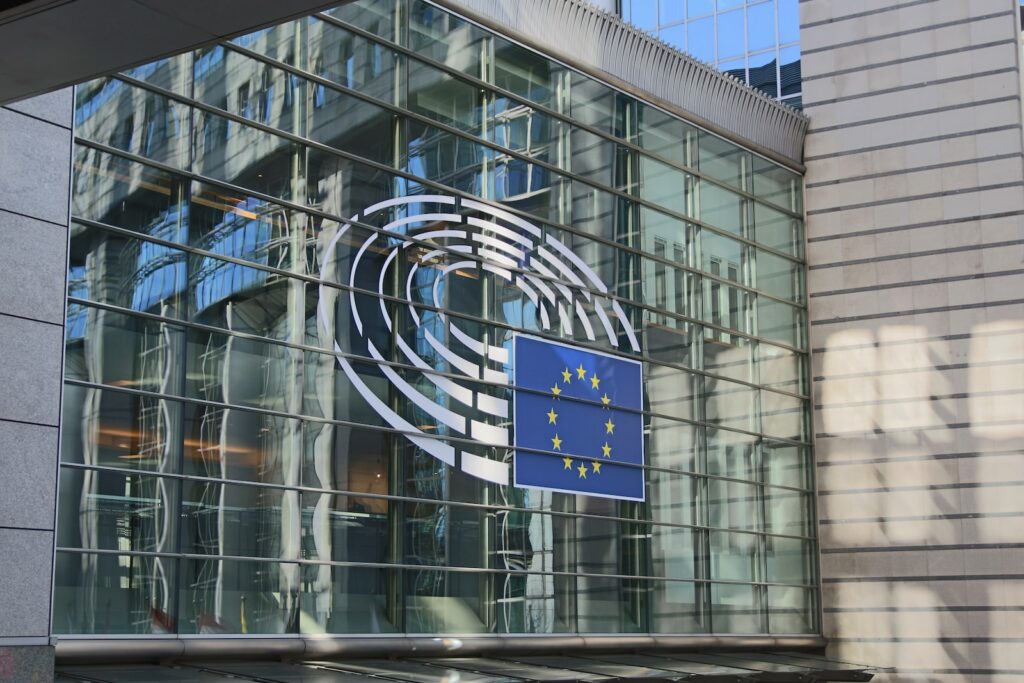European Parliament to decide fate of Natural Restoration Law this week
First proposed in June 2022, new far-reaching regulations look to implement many suggestions made by scientists to safeguard biodiversity.
On Thursday 9th March, the European Parliament’s Committee On The Environment (ENVI) will meet with the text’s author, Cesar Luena, to decide which of more than 2,000 proposed amendments should remain in the document, and which to remove.
The Natural Restoration Law has already proven divisive. Politicians on the right and far right have raised alarm bells among activists and supporters, who have accused them of attempting to ‘kill off’ the proposals. Particularly concerning is a lack of specificity around marine habitats and the types of activities that should be banned from protected areas in order to safeguard delicate ecosystems.
This could open any agreement up to loopholes, potentially meaning destructive practices such as industrial fishing continue, even in waters designated as off-limits to development and other forms of human intrusion. Aspects of the text at risk of being removed include:
*Definition of individual activities banned in Marine Protected Areas
*Reservation of all coastal waters within 12miles of land for the exclusive use of vessels less than 25m
*Ban on destructive fishing methods, including fish aggregating devices: a tech-enhanced form of bottom trawling
Earlier this month, an historic UN agreement was reached on protection for the world’s seas. The treaty has taken 20 years of talks, including a final 48hr long negotiating meeting, to come to fruition. Find out exactly what it covers, and what the implications are, in our recent report.
Image: Guillaume Périgois

















